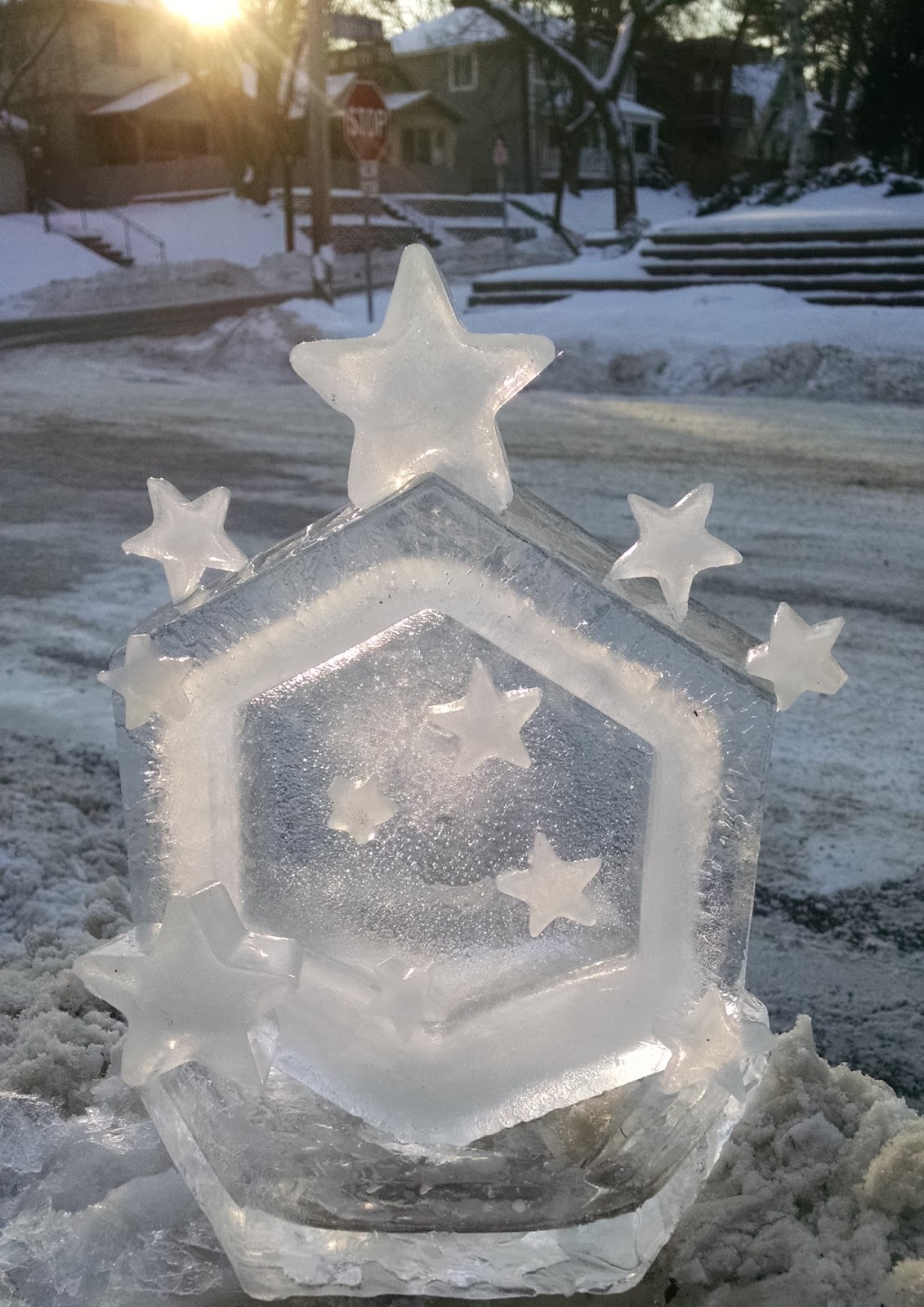
Zer0Summoner: Because you can’t really feel wet – you feel the difference in temperature (usually colder) and the slickness, then the shortcuts in your brain conclude that it’s wet. A surface that’s colder than your hand and slick feels enough like wet to trick you.
AlabasterAnthem: I gave an answer to a similar question about the topic, so I’ll quote it here:
“The feeling of “wetness” isn’t actually a sense, but more of a combination of senses. If you’ve ever touches water through gloves, your hand feels like it’s wet, but you’re not actually getting any water on you. This is because, even though you have gloves on, it’s a combined triggering of your cold thermoreceptors and various mechanoreceptors that contribute to the perception of wetness, and these can be felt through the gloves. The same is true for the metal.”
In this particular instance I was talking about cold metal, but the feeling of wetness tends to happen with smooth cold surfaces all the same.
GenXCub: Water is good at transferring heat away from you (this is why room temperature water feels colder than room temperature air, even though they’re the same temperature).
Some solid materials are the same. Sitting on an iron bench will feel colder than sitting on a wooden bench at the same temperature because of the same property I described with the water.
It’s probably that.
r1bb1tTheFrog: Human skin can only feel two sensations: temperature and pressure.
We don’t have any special nerves that can feel “wet.” Our nerve cells are highly sensitive, and our brains remember what various temperature/pressure combinations feel like.
When touching things, we are usually see and hear subconsciously, and our “touch” memories can include what our other senses pick up.
This explains why when we touch something without looking, our brains can be tricked.
Yes, there are other receptors that don’t necessarily perceive temperature or pressure, but that’s a basic break down.
Source: some kid in college who was my friend and not a scientist
Edit: word